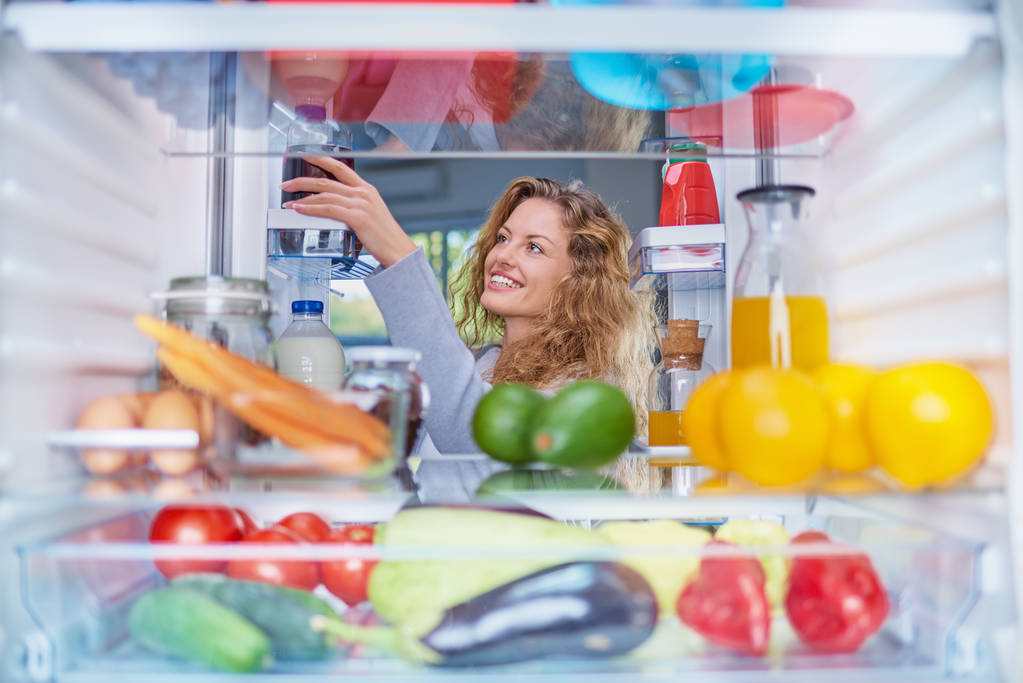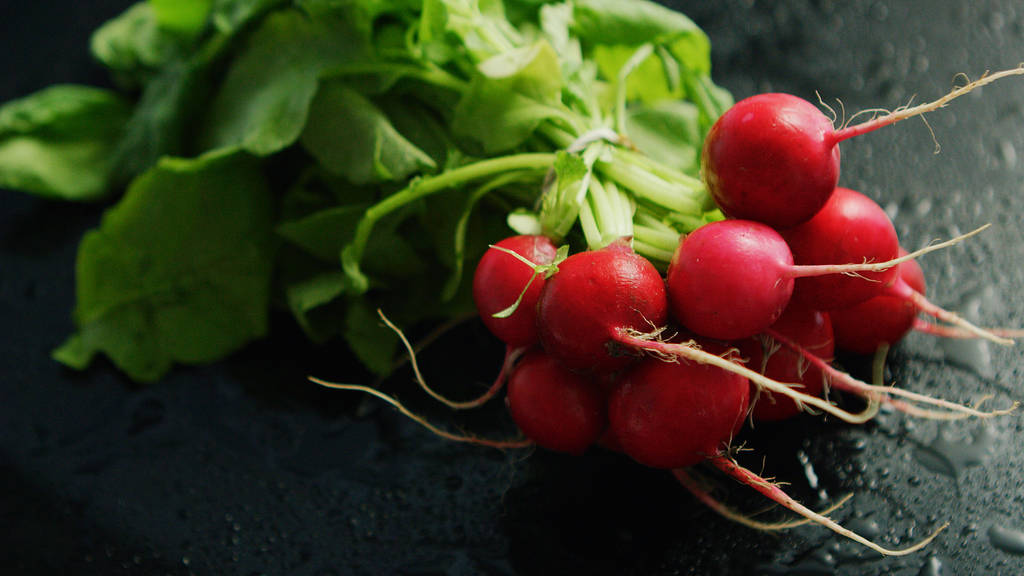If you store your food properly, you get more out of it – namely more taste and less waste. The following tips will help you avoid common mistakes and store your food optimally.
Because of the spread of the corona virus, we should currently stay at home if possible, whoever is in quarantine even has to. Neither hamster purchases nor stock panic are appropriate. But it makes sense to keep our groceries fresh at home for as long as possible so that we don’t have to run to the supermarket all the time.

Store food properly = less waste
Around 12 million tons of food end up in the garbage in Germany every year (BZfE). We consumers are also to blame for this: We cause about half of the food waste ourselves. Because we buy too much, let the best-before date unsettle us, or because we store food incorrectly and it spoils faster.
So, storing food properly not only helps preserve nutrients and flavor, but also reduces food waste.
Tomatoes don’t belong in the fridge
Tomatoes lose their flavor in the fridge and can even go moldy faster. It is better if you keep them in a cool room (e.g. cellar or pantry); a temperature of around 15 degrees is ideal.
If you don’t have such a space: storing tomatoes at room temperature still makes more sense than in the fridge. Incidentally, this also applies to some other types of vegetables with a high water content, such as cucumbers, peppers, zucchini and aubergines.
But be careful: In order to keep tomatoes for a long time, it is best not to store them next to apples – unless you want them to ripen faster.
Bread molds in plastic
Apart from the fact that you shouldn’t buy plastic-packaged supermarket bread anyway: Bread keeps best if you store it in an air-permeable container. Packed airtight in plastic, it quickly begins to mold. The supposedly old-fashioned bread boxes therefore make perfect sense. Clay pots are ideal because they keep the bread fresh for the longest time.
Bananas and apples don’t mix
As beautiful as a colorful fruit bowl looks: (ripe) bananas and apples are best not stored together.
Bananas brown faster next to apples because apples emit a lot of the ripening gas ethylene and bananas are sensitive to it. Ethylene accelerates ripening – and causes other fruit to spoil faster. Incidentally, pears and tomatoes also give off ethylene.
Because ripe bananas emit a particularly large amount of ethylene, they should always be stored separately from other fruit and vegetables – ideally hanging up, because they easily bruise in the fruit bowl. They definitely don’t belong in the fridge: Bananas turn brown quickly there.
Cheese must be able to breathe
Cheese should not be wrapped in plastic and/or stored airtight. It keeps better if you keep it in air-permeable packaging, for example in a slightly damp cloth, in cheese paper (wax paper) or oilcloth.
Tip: Many cheese dealers at the weekly market will wrap the cheese in cheese paper for you, or you can have it put directly into a container you have brought with you – in the supermarket you can usually only get plastic.
Lemons don’t like the cold
Lemons and other citrus fruits such as oranges or tangerines do not tolerate cold – you should therefore not store them in the refrigerator. At (not too high) room temperature and storage open, they stay fresh longer.
Even cut lemons can be kept for a week at room temperature. It is best to place them cut-side up on a plate so that they can form a thin skin and not go mouldy.
Mushrooms need air
You usually buy mushrooms in plastic trays in the supermarket. But they do better if you keep them in paper bags or wrapped in a tea towel in the refrigerator at home: the mushrooms must be able to “breathe”, in airtight plastic packaging they quickly become damp and spoil.
In addition, it is best not to store mushrooms in the immediate vicinity of odorous foods, as they easily absorb foreign odors.
In any case, mushrooms should be used up quickly, because they don’t keep for more than a few days.
Strawberries are better left unwashed
If you plan on eating strawberries that day, it’s best to store them at room temperature that long. Since water strips the flavor of the fruit, only wash it right before eating.
Important with strawberries: Always cut out rotten spots immediately or remove the fruit. Mold will otherwise spread quickly because of its high water content.
Strawberries will keep in the vegetable drawer of the refrigerator for up to two days. For this it is important that you store the strawberries unwashed in the refrigerator.
Tip: You can place the strawberries in a large sieve so that they get enough air. Place paper towels or an old tea towel underneath to soak up excess liquid.
Store leftovers without plastic waste
Many people cover leftovers from dinner or cut fruit and vegetables with cling film and then store them in the fridge until the next day.
It’s a completely needless waste of plastic: you might as well store such leftovers in reusable, sealable containers — like plastic-free lunch boxes made of stainless steel or glass — or even old screw-top jars.
Advantage: You can take what’s left over with you, well packaged – for example as a ready-made lunch to work. So you save packaging waste there too.
Better to empty cans
It is better not to put opened tin cans in the refrigerator: Unhealthy tin can migrate from the tin plate into the food. Although most cans are now coated with plastic on the inside, this coating has also been criticized because of the questionable chemical BPA it often contains.
You are on the safe side if you pour the contents of the open can into a reusable, sealable container, for example a clean, empty screw-top jar.
Store radishes without greens

If you store them properly, radishes will stay fresh and crunchy for much longer. They belong in the vegetable compartment of the refrigerator, where they will keep for at least three days.
The trick: cut off the leaves and roots beforehand. This prevents the water stored in the tubers from going into the leaves and keeps the radishes crisp longer.
It is best to store the radishes in a tin or wrapped in a damp cloth.

